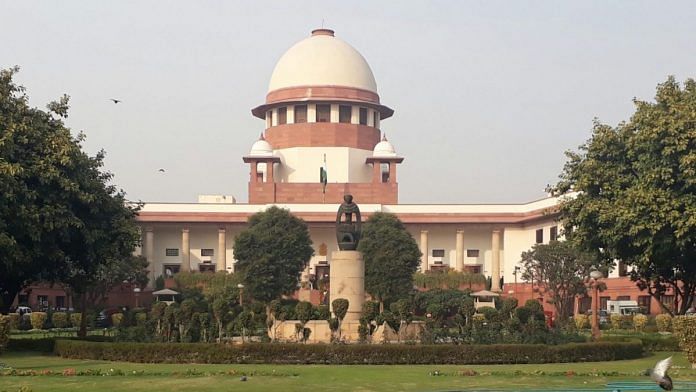There are at least 11 others allowed special privileges, mostly to preserve their local culture. ThePrint explains.
New Delhi: Multiple petitions in the Supreme Court have questioned the validity of Article 35A, which grants the Jammu & Kashmir legislature the power to define the state’s permanent residents.
The article is controversial because it only allows the permanent residents so defined to buy property in J&K, with several other rights and privileges, including employment in the state government and scholarships, reserved for them.
The petitions challenging Article 35A, which will now be taken up by the court in January, are seen by locals as an attack on the fundamental rights of the people of J&K. All the major political parties in J&K, barring the BJP, have already pledged to protect it.
While the article, and the constitutional provision it stems from, Article 370, is much criticised by the Hindu Right-wing as a threat to national integration, J&K is far from the only state to enjoy special privileges under the Constitution. To be exact, there are 12. ThePrint takes you through them.
Also read: What is Article 35A and why J&K is up in arms against attempts to ‘fiddle’ with it







My normal instinct is in favour of internal migration, the right of Indians to settle in any part of the country, with attendant rights such as acquiring property. Their children would qualify to serve in the state government, for they would have learnt the local language. When a state like Himachal Pradesh bars purchase of property, it is shrinking the market, cutting itself off from needed investment, creating opportunities for arbitrage and wrong-doing. There are sensitivities attaching to alienation of tribal land, a little overdone, for it is not easy for someone to cheat them any longer. The effort, over time, should be to dilute these restrictions, open up the country more. People falling in love and marrying across traditional faultline would be truly wonderful. 2. However, Kashmir – one does not place Jammu in this category – is special. We don’t need Article 370 – already much diluted – to explain that to us. It was unlike all the apples Sardar Patel put into India’s basket. Still stuck like a fish bone in the throat. At a time when we should be thinking of creative, compassionate solutions to an unending human tragedy that may have cost close to a hundred thousand lives, mainly of the young, the effort to assail Article 35 A is deeply ill advised. The apex court may be pleased to give this case tareekh pe tareekh.